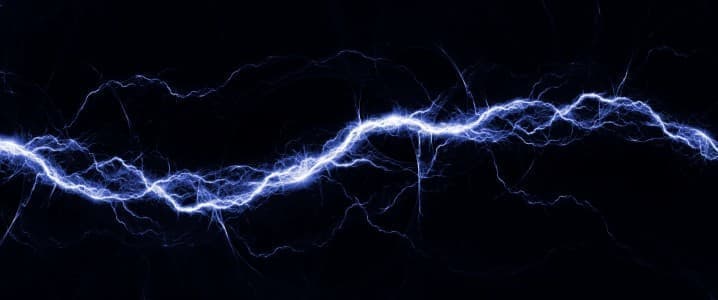Clean Power Push Set To Upend The Geopolitics Of Energy
The global push for clean power generation and increased electrification in transportation is creating a new world order in energy where new winners and losers may emerge.
If the world moves toward predominantly renewable energy sources, the influence of a small number of oil-producing petrostates concentrated in a conflict-prone region is set to wane. At the same time, new power players will emerge, analysts say. These will be the countries holding reserves of the key energy transition minerals or hosting sites for the production of batteries, solar panels, and such with interconnectors for export and import of electricity.
In a world described by the International Energy Agency’s bombshell report from last week—in which it was explained that no new investment in oil and gas is needed, ever, if we are to achieve net-zero emissions in 2050—the energy warfare and the war for resources could shift from large-scale conflicts about oil to potential conflicts about electricity supply, including via cyber warfare.
Cyberattacks On Electricity Grids Could Intensify
America just got a glimpse of what a cyberattack could do to its energy supply. Although no electricity grids were targeted in the ransomware attack on Colonial Pipeline, the cyberattack on computer systems cut off supply of the main fossil-fuel product used in the United States as it stopped gasoline shipments to the Eastern Seaboard.
As the share of electricity in the global energy mix is set to grow exponentially in the coming decades, along with digitalization of operations and asset monitoring, the new threat to energy supply may not be a skirmish or a full-blown conflict near the Strait of Hormuz in the Middle East. It could be state-sponsored cyberattacks on electricity grids, Amy Myers Jaffe, a research professor at Tufts University’s Fletcher School, argues in an article in The Wall Street Journal.
The higher the digitalization and the adoption of the Internet of Things and Industrial Internet of Things in electricity grids and supply, the more chances hackers—including such backed by governments—could get to target parts of the networks,…

